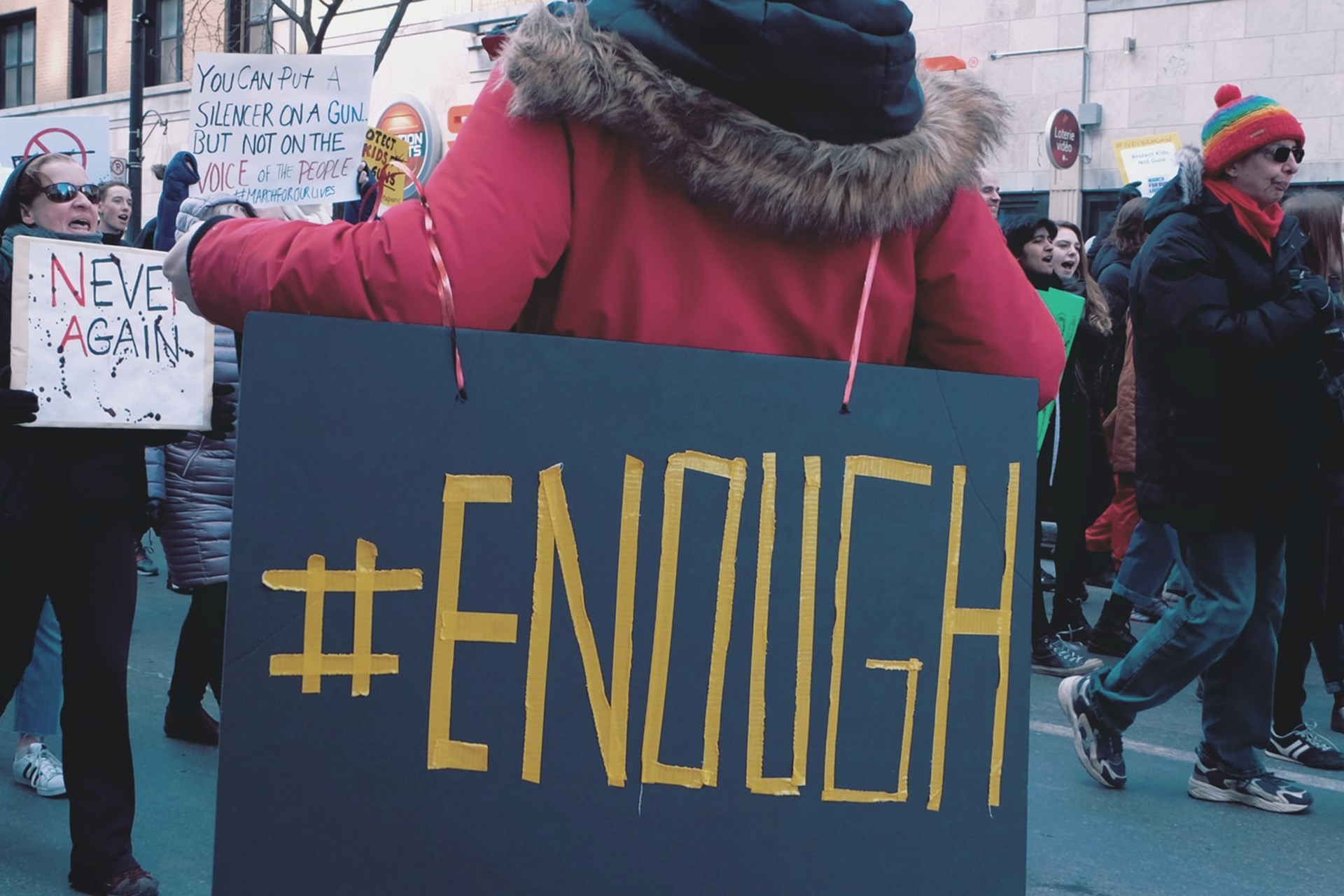The awareness of having these rights arises in our families and grows in the environments in which we are educated. Thus, we may have learned that these rights do not belong to us, especially if we have grown up in environments where they have not been respected.
For example, if we were regularly punished, scolded, or teased as children whenever we got angry or when we were sad, we may have learned that we don't have the right to express anger or sadness. So, even as adults, we could hide these emotions from ourselves and from others, thus preventing us from expressing those hidden emotions and denying ourselves the possibility of satisfying our most authentic needs.
This can have a very debilitating effect on our self-esteem. In fact, whenever we are sad and angry, we may feel that we are doing something wrong or, even worse, that we are wrong.
In my clinical practice, I often invite my patients to check if they treat themselves as they were treated by the people who raised and educated them. Let me explain: if we grew up in an environment where the right to be treated with kindness and respect has been denied, it is possible that we will continue to treat ourselves without kindness and respect or to start relationships in which we are not respected.
However, this does not mean that we do not have the possibility to decide. On the contrary: we have the right to change our existence and I warmly invite you to claim it.
Please read Edmund J. Bourne's Bill of Personal Rights * that you find below and answer the questions you will find at the end of the list: they will help you better understand what rights you are not granting yourself and how and what you can do to regain possession of them:
- I have the right to ask for what I want.
- I have the right to say no to requests or demands I can’t meet .
- I have the right to change my mind.
- I have the right to make mistakes and not have to be perfect.
- I have the right to follow my own values and standards.
- I have the right to say no to anything when I feel I am not ready, it is unsafe or it violates my values.
- I have the right to determine my own priorities.
- I have the right not to be responsible for others’ behaviour, actions, feelings or problems.
- I have the right to expect honesty from others.
- I have the right to feel angry at someone I love and to express this in a responsible manner.
- I have the right to be uniquely myself.
- I have the right to feel scared and say “I’m afraid.”
- I have the right to say “I don’t know.”
- I have the right to not justify my choices.
- I have the right to make decisions based on my feelings.
- I have the right to take time for myself.
- I have the right to be playful and creative.
- I have the right to be healthy even if people around me are not.
- I have the right to be in a non-abusive environment (physically, psychologically or emotionally).
- I have the right to make friends and be comfortable around people.
- I have the right to change and grow.
- I have the right to have needs and wants.
- I have the right to be treated with dignity and respect.
- I have the right to be sad.
- I have the right to have a fulfilling sex life.
- I have the right to be happy.
If you have found out that you do not grant yourself some of these rights or that they are not respected, do not worry: you are not alone. We all somehow struggle to enforce these rights. But keep in mind that the first step to making a major change in our life is to become aware of what is not working or what could be improved.
I therefore invite you to reflect on some of these questions:
1. Which of these rights attracted your attention and for what reason?
2. Which of these rights irritated you and for what reason?
3. Which of these rights are you denying yourself?
4. Which of these rights would you most need to affirm in your life?
Sign up for my newsletter. I will take you on a journey through these rights to better understand how you can affirm them in your existence and make it fuller and more fulfilling in the way you want and that you think is right for you.
* adapted by Paolo Assandri from the book “Anxiety and the Phobia Workbook” by Edmund J. Bourne, Ph.D., 1990, New Harbinger Publications, Oakland, CA

